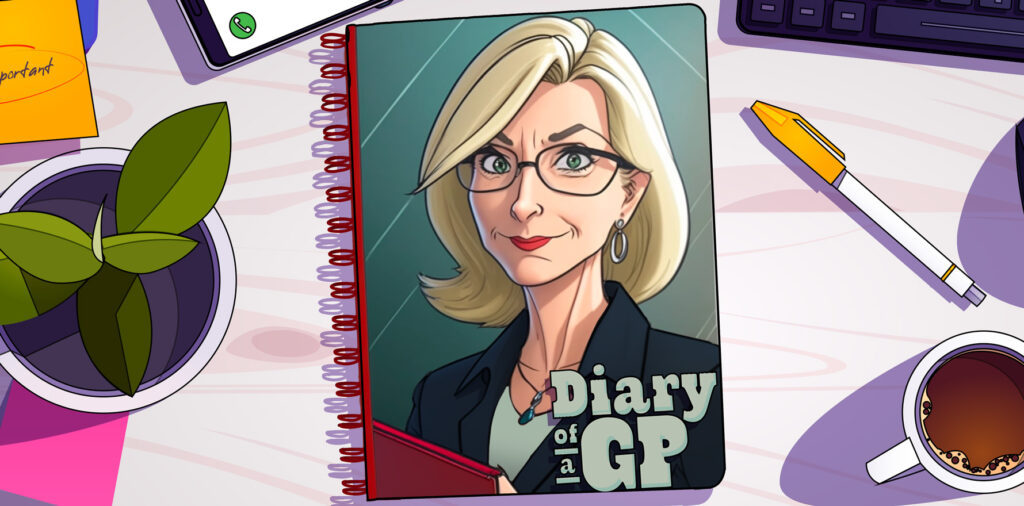Governments would rather replace us with cheaper substitutes than invest in what they still insist on calling the ‘backbone’ of the system.
GP workforce numbers are again hitting the headlines. Or more precisely the lack of GP workforce numbers.
According to a recent report put out by the Medical Deans Australia only 13.6% of current Australian graduates are interested in pursuing a career in general practice. That’s the lowest percentage in over a decade.
The finding will come as no surprise to those currently involved in training the next generation of family doctors.
This year, only about 1400 graduates applied to the RACGP training program, and only 1248 were accepted.
This was that 65 fewer than were accepted onto the training program in 2022 – and it’s significantly fewer than the 1350 RACGP GP training spots that are available.
Sure, the waning interest in general practice is not a new phenomenon; nonetheless these latest figures are demoralising. What’s more, the predicted shortfall of more than 11,000 GPs by 2032, as assessed by the Deloitte Access Economic Report last year, looks like becoming a reality sooner rather than later.
You’d think that becoming an endangered species might go some way to improving our value in the eyes of those charged with the responsibility of managing Australia’s health system.
God knows we have heard phrases such as primary care being the “backbone”, “cornerstone” and “foundation” of our healthcare out of the mouths of politicians as long as we have had a healthcare system.
But the reality is, when push comes to shove, their solution to dwindling GP numbers and diminished public access to GP services is unlikely to be any significant investment in our specialty; rather they would prefer to find cheaper alternative providers of as many of these services as they can – even at the expense of service quality. The pharmacy prescribing trial for UTIs and the OCP is the classic example.
I don’t envy our profession’s political advocates – this is a hard battle to win mainly because there are so many battle fronts.
There are so many reasons why general practice lacks allure for medical graduates. Yes, remuneration is a major one – especially in comparison to other specialties – but also the time, expense and demands of the training program as well as the fact graduates have so little exposure to the specialty during their postgraduate hospital years.
Added to this, I believe, is the widespread disenchantment within the specialty itself. Between frozen rebates, the covid crisis, the CPD changes, the allegations of Medicare fraud and the pharmacist encroachment onto our turf, even the most enthusiastic GPs I know are getting a little frayed at the edges (those that haven’t yet retired!).
How are we ever going to attract young doctors into what should be the best specialty of them all when we, who are in the profession, can’t sing its praises?
As I say, this is going to be a hard battle to win.
I’m sure the RACGP’s president’s claim that the upcoming bulk-billing incentive rise will help make general practice more attractive to graduates is not wrong. And the streamlining of training for IMGs will also probably be worthwhile.
But I suspect we might need more (and I don’t mean prime-time commercials or giant-sized posters in airports).
When you look at the Medical Deans report it is interesting to note the reasons behind medical graduates’ choice of specialty.
“Consistently over the years, two factors rank the highest: ‘Alignment with personal values’ (ranked first this year) and ‘Atmosphere/work culture’,” the report stated.
Surely that’s our starting point.
With our cradle-to-the-grave responsibilities and our holistic management of individuals and their families, we should have it all over other specialties, assuming that a medical graduate’s personal values include helping people live long, happy, healthy lives.
But our “atmosphere and work culture”? Hmmm – that could be a bit more of a challenge.
It can’t be as simple as a call for us to be more positive about our specialty. We can’t just “talk it up”. The frustrations are real and they are growing.
Atmosphere and work culture are pretty nebulous terms, but I know that when you get any group of Australian GPs together these days, the conversation will almost always turn to some bureaucratic or regulatory nightmare we are all encountering in our daily practice. That doesn’t scream positive atmosphere to me.
I am really sad that more graduates aren’t interested in general practice but I’m not surprised.
I hope governments, health authorities and even our own colleges can reduce some of these frustrations that we as coalface GPs are feeling, stop creating more hoops for us to jump through and give us back the time and headspace we need to do what we do best: manage patients. Maybe then we will improve the general practice “atmosphere and work culture”.
The future of our specialty may well rely on it.




